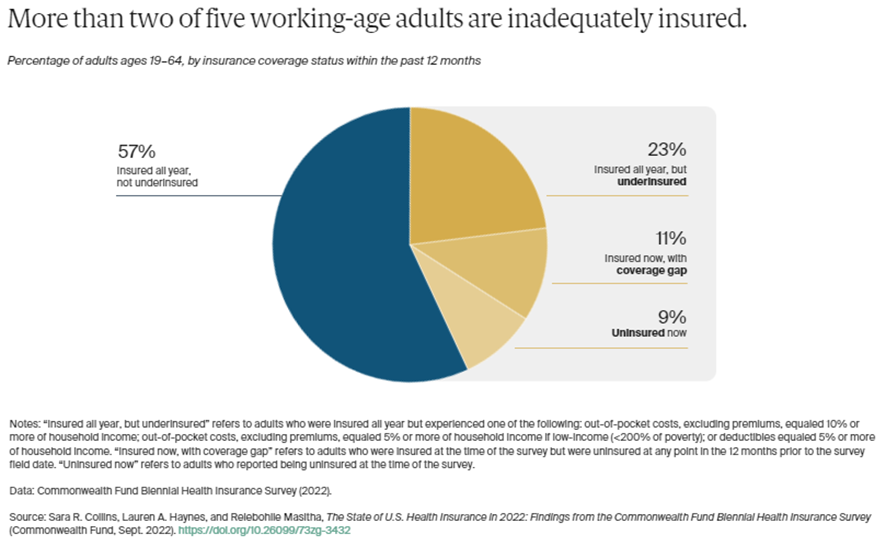Another Public Relations Disaster
The recent internal allegation against Facebook (FB) is not the company’s first public relations debacle, nor will it be the last. Facebook has a long history of public relations fiascos with Cambridge Analytica, widespread advertising boycott, various data breaches, and the most recent issues exposing internal memos that allege the company put profits before safety on its platforms. The stock has been battered and bruised, falling from $384 to $325 after these bombshell allegations and testimony on capital hill. The stock is now down 15% from its 52-week high heading into earnings. This double-digit decline places Facebook in inexpensive valuation territory relative to its technology peers, one of the cheapest high-growth stocks. Let’s not be remiss here and acknowledge the fact that these public relations issues can linger for long periods, and the regulatory implications may be significant. However, Facebook’s valuation is very appealing at this juncture.
Social Media Goliath
Facebook continues to demonstrate its ever-expanding and massive moat in the social media space. Facebook’s core social media platform, in combination with its other properties such as Instagram and WhatsApp, continues to grow while expanding margins and unlocking revenue verticals. Despite being faced with several public relations challenges over the past couple of years (i.e., Cambridge Analytica, coordinated boycotts, government inquiries into privacy, jumbled earnings calls, anti-competitive testimonies, and the recent internal release of sensitive information suggesting profits supersede safety), Facebook has triumphed to all-times after each event. Facebook had to contend with scaled back advertising spending amid the COVID-19 pandemic in conjunction with the public relations issues. Facebook continues to grow across all business segments, with its user base continuing to expand slowly. Facebook’s moat is undeniable, and any meaningful sell-off like the recent public relations-induced weakness could provide an entry point for the long-term investor. The stock is off 15% from its all-time highs, and the stock is inexpensive relative to its technology cohort. Continue reading "Facebook - Another PR Disaster" →

